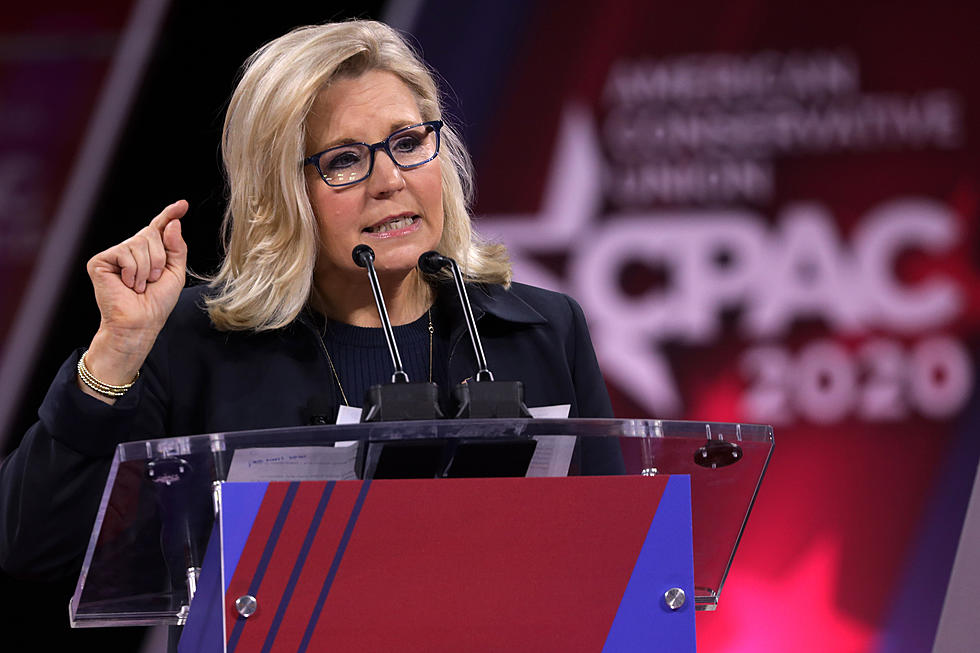
Micah Halpern Has Been Thinking Hard This Week
The New Egypt
Friday May 6, 2011
Yesterday an Egyptian court sentenced al Adli, former Egyptian Minister of the Interior, to twelve years in prison.
He was found guilty on several corruption charges.
Adi was one of the most feared and despised people under Mubarak. The Minister of the Interior is in charge of the police and it was the police that were so hated during the revolution of January and February.
This case sheds important light on the new Egypt. The new leadership wants to put significant distance between itself and the past government. They are implementing a crackdown on corruption and they are punishing the old guard for past mistrust and misuse of power.
The problem is that the new guard is also left over from the old - and the division between the two will get very blurry if they prosecute more than just a handful of people.
Problems with PA Unity
Thursday May 5, 2011
Hamas signed a unity agreement with Fatah yesterday. That pact is a potential game changer for the entire region.
Things did not go easy. The signing was put off while the fighting took place.
First Abbas refused to have Khalled Mashal of Hamas sit next to him.
And Mashal originally thought that he was hosting and delivering the main speech. So Abbas made it clear that he was the one who would be explaining the deal and giving the long speech.
And finally there was a major dispute about whether Abbas was simply the head of Fatah or, as he wanted to be referred to, the President of the Palestinians. The conflicts were resolved.
Abbas won on every point. But it all goes to the essential point - this unity will not last for long.
Wednesday May 4, 2011
US Secretary of State of Hillary Clinton told Israeli Prime Minister Bibi Netanyahu that the United States will not suspend aid to the Palestinian Authority even if the unity government between them and Hamas goes through. That's right - will not suspend aid.
If Clinton is true to her word, it would be a major shift in US policy. Continuing to send aid to the Palestinians after the establishment of a unity agreement would mean that the US would be funding a terrorist group, Hamas.
It would be a breach of policy and it would be against US law. The law is very clear that terror groups and affiliates cannot receive funds.
Unity with Hamas is precisely why the first Palestinian unity government, after the first and only Palestinian election, lost its United States funding and other Western funding. No Western government can justify giving funds to any government connected to Hamas.
Congress will go ballistic if the White House continues to give aid to the Palestinians.
Who is Supporting Bin Laden
Tuesday May 3, 2011
We have to evaluate responses to the US action against Osama bin Laden. Those who are upset with the United States need to be identified and their motives must be exposed.
There have been three significant voices speaking out against the killing of bin Laden. The most vociferous belongs to Hamas, next comes a very significant group of Palestinians in East Jerusalem and finally, Iran.
All three groups claim that the US overstepped its role and violated international law. They describe the action as a premeditated cold blooded murder. They call the attack on bin Laden an attack on all believing Muslims.
For Hamas and Islamists in East Jerusalem, this logic makes sense. Bin Laden was their hero. Bin Laden challenged the US and the West. Bin Laden fought for the Muslim cause.
But Iran was a target of bin Laden. Iran and Osama bin Laden were sworn enemies. Why is Iran upset by the demise of Osama bin Laden? Because the Machiavelli dictum is correct, because "the enemy of my enemy is my friend."
Like Osama bin Laden, Iran, Hamas and other Islamists are united in their hatred of the United States and the West. What unites them is stronger than what separates them.
Ahmadinejad Buckles Under Pressure
Monday May 2, 2011
Ahmadinejad has caved in to pressure from Iran's Supreme Leader, the Grand Ayatollah Khamenei.
Last week Ahmadinejad boycotted two of his own cabinet meetings.
Yesterday, he capitulated. The history leading up to the conflict between Iran's # 1 and # 2 most powerful men was clear and the resolution was predictable.
Two weeks ago Ahmadinejad fired his Minister of Intelligence from an extremely powerful and integral position in the power structure of Iran today. Almost immediately afterward, The Supreme Leader reappointed him. In order to challenge the Supreme Leader, Ahmadinejad refused to attend his own government planning meetings because the old/new intel chief was going to be there.
There is no way that Ahmadinejad was going to win this conflict. The Supreme Leader is in charge of political activity in Iran.
According to Iranian law Khamenei, The Supreme Leader, has the final say - in everything.
More From KGAB









